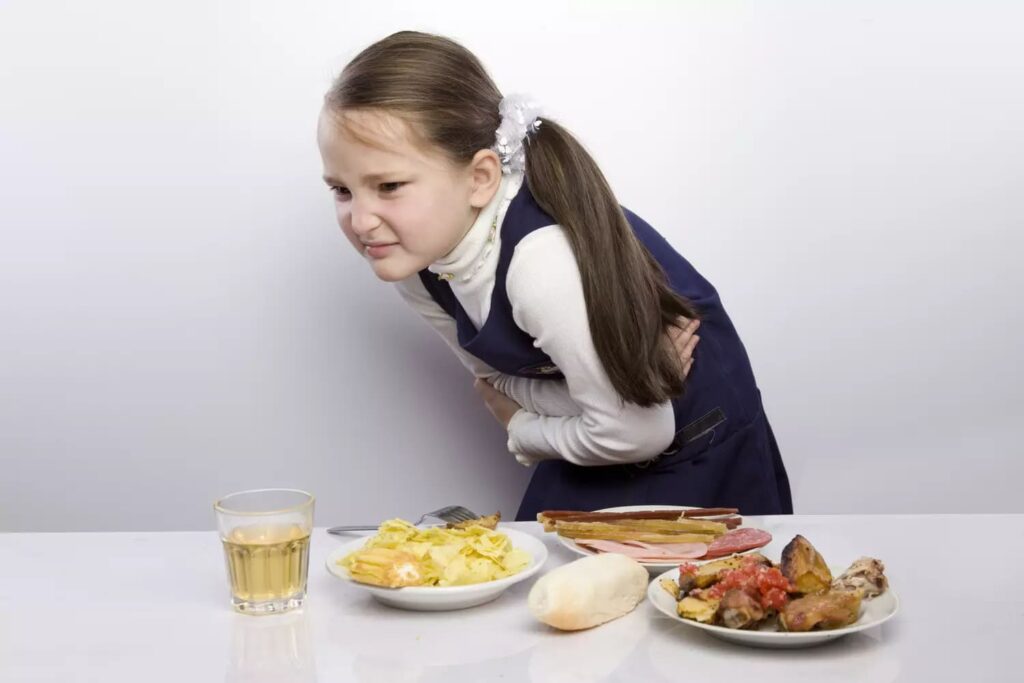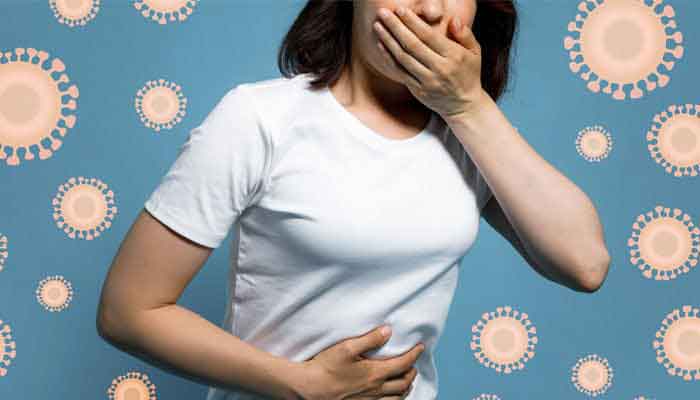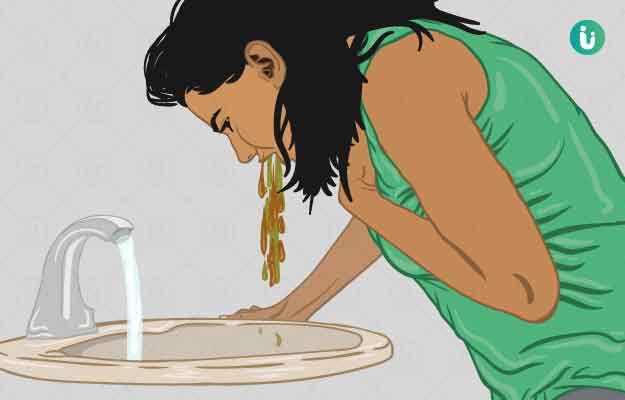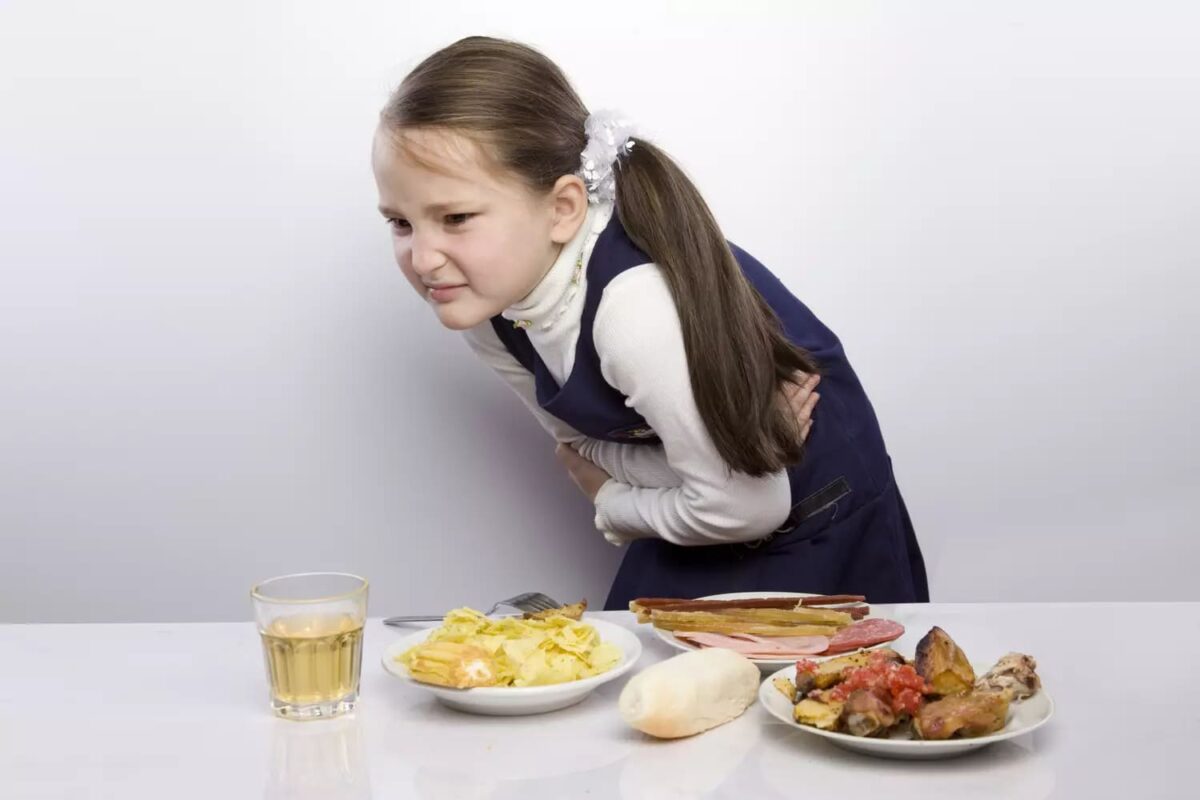What is Food Poisoning?
Sickness because of consumption of infected, toxic or spoiled food is referred to as food poisoning. Infectious organisms and their toxins contaminate healthy food at any point of processing or production. Contamination can also occur at home through improper food handling and cooking. Organisms causing infection such as bacteria, viruses, parasites or their toxins are the most common causes of food poisoning. Symptoms of food poisoning within hours of eating contaminated food include nausea, vomiting, and diarrhea. Food poisoning is often not a severe condition and goes away without treatment. But some people need to visit the hospital.
Food Poisoning treatment at Texas Specialty Clinic :
- At Texas Specialty Clinic we treat patients suffering from food poisoning.
- First, our doctors will diagnose the condition and will tell you about the further treatment.
- All kinds of food poisoning conditions are treated by our physicians.
- Our doctors have the knowledge, experience, and tools necessary to handle even the most difficult food poisoning.
- If you experience any symptoms of food poisoning, call for medical care immediately.
- For treatment of food poisoning, book an appointment at Texas Specialty Care dial (469) 545-9983.
What are the symptoms of Food Poisoning?
The contamination sources are responsible for the symptoms of food poisoning. Food poisoning mostly causes one or more of the signs and symptoms below :
- Headache
- Weakness
- Mild fever
- Loss of appetite
- Vomiting
- Nausea
- Diarrhea
- Abdominal cramps

Hazardous symptoms of Food poisoning are as follows :
- Bloody urine
- Difficulty in seeing
- Difficulty in speaking
- Fever which is more than 102°F (38.9°C)
- Diarrhea that does not get better for more than 3 days
What are the causes of Food Poisoning?
Bacteria, parasites, or viruses are mainly responsible for causing of the majority of food poisoning cases.
Pathogens are present in majority of food that is consumed by people. However, heating while cooking usually kills pathogens on food before it reaches our plate. Due to their lack of cooking, raw foods are frequently the cause of food illness.
Food comes in contact with the microorganisms in fecal matter or vomits occasionally. This more commonly takes place if a sick person prepares food without washing their hands.
Products such as meat, eggs, and dairy products are regularly contaminated. In addition, pathogenic microorganisms can be present in water.

How is Food Poisoning diagnosed?
A thorough history, including the duration of your illness, your symptoms, and the exact foods you’ve consumed, is frequently used to diagnose food poisoning. Along with a physical examination, your doctor will search for any symptoms of dehydration.
Your doctor may order diagnostic tests, such as a blood test, stool culture, or screening for parasites, to determine the cause and confirm the diagnosis based on your symptoms and medical history.
In order to do a stool test, your doctor will send a sample of your faeces to a laboratory. There, a technician will attempt to identify the infectious organism. Your doctor will probably let the local health authority know if an organism is discovered so they can see if the food poisoning is part of an epidemic.
Treatment of Food Poisoning :
Treatment of food poisoning usually depends on the cause of the illness, if known, and the severity of the symptoms. Most people get better in a few days without treatment, but some types of food poisoning can last longer.
Treatment may include :
- Replacement of fluids that are lost :- The fluids and electrolytes that your body loses due to chronic diarrhoea must be restored. Electrolytes are minerals like sodium, potassium, and calcium that keep the fluid balance in your body. Some infants and adults who experience frequent diarrhoea or vomiting may require hospitalisation so they can get intravenous (IV) salt and fluid therapy to avoid or cure dehydration.
- Antibiotics :- If you have certain types of bacterial food poisoning and your symptoms are severe, your doctor may prescribe antibiotics. Food poisoning caused because of listeria should be treated with intravenous antibiotics while you are in the hospital. The sooner you start treatment, the better. Prompt treatment with antibiotics during pregnancy helps prevent infections from affecting the baby.
Food poisoning caused because of viruses cannot be treated by antibiotics. Antibiotics can actually make the symptoms of some bacterial or viral food poisoning worse. Discuss your alternatives with your doctor.
Adults with non-bloody diarrhoea who are not feverish may get relief by taking loperamide (Imodium A-D) or bismuth subsalicylate (Pepto-Bismol). Consult your doctor about these possibilities.

How to prevent food poisoning?
Some foods are more likely to cause food poisoning because of how they are prepared. Certain foods can contain infectious agents that are killed by cooking.
- Meat
- Poultry
- Egg
- Shellfish
Consuming these foods raw, cooking them improperly, and not cleaning your hands and surfaces after exposure can result in food poisoning.
If you are suffering from symptoms of food poisoning and need an experienced doctor for treatment contact Texas Specialty Clinic. Call us at (469) 545-9983 for better healthcare.

